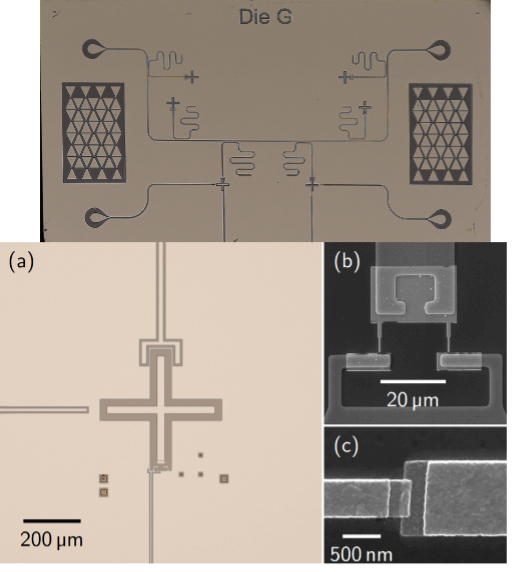Summary
The Quantum Encryption and Science Satellite provides a platform to develop and deploy quantum sensing and metrology via photonic channels. This project will build upon ‘free-space’ quantum communication technology and explore new approaches and methods to advance two primary applications: quantum-enhanced telescopes, and spectroscopic sensing for methane detection in the atmosphere. For the telescope application we will develop novel methods for imaging using multi-photon interference, such as in long-baseline telescopes. For greenhouse gas monitoring, we will perform a detailed analysis of a two-photon sensing setup, prepare a feasibility study on trace gas metrology using quantum communication channels, and move the demonstration from in-lab to outdoors, and finally to field deployment (two optical telescopes). This project also supports long-distance quantum communication by providing a framework and justification for quantum repeater networks. We expect these advancements will find wider application in enhanced performance of atmospheric environmental monitoring and imaging.
Related Content

Topological Properties of Exciton-Polaritons in a Kagome Lattice as a Solid-state Quantum Simulator
Summary In this project, we build a solid-state quantum simulator for engineering a specific Hamiltonian. Quantum simulators are purpose-built devices with little to no need for error correction, thereby making this type of hardware less demanding than universal quantum computers. Our platform consists of exciton-polariton condensates in multiple quantum-wells sandwiched in a semiconductor Bragg […]
December 8, 2018

Building Blocks for Quantum Neuromorphic Computing: Superconducting Quantum Memcapacitors
Quantum neuromorphic computing (QNC) is a novel method that combines quantum computing with brain-inspired neuromorphic computing. Neuromorphic computing performs computations using a complex ensemble of artificial neurons and synapses (i.e., electrical circuits) to emulate the human brain. QNC may lead to a quantum advantage by realizing these components with quantum memory elements, or memelements, which […]
June 12, 2023

Hybrid Quantum Repeater based on Atomic Quantum Memories and Telecom Wavelength Entangled Photon-Pairs Generated from Semiconductor Nanowires
Summary Losses in physical channels, such as optical fibres, limit existing quantum communication systems to modest distance ranges. Since amplification of quantum signals is fundamentally not possible, we look to extend the range and functionality of these quantum channels by adding quantum memory nodes that can daisy-chain multiple lengths of quantum channels through entanglement […]
October 29, 2018

Enabling Next-Generation Sustainable Computing through Novel Multi-Valued-Logic Quantum Devices
As the demand for digital services grows, so does the need for data centres and transmission networks. Unfortunately, these data systems consume vast amounts of energy, resulting in nearly 1% of all energy-related greenhouse gas emissions. This project aims to invent novel quantum devices for highly energy-efficient computing that may help reduce the global digital […]
June 12, 2023

